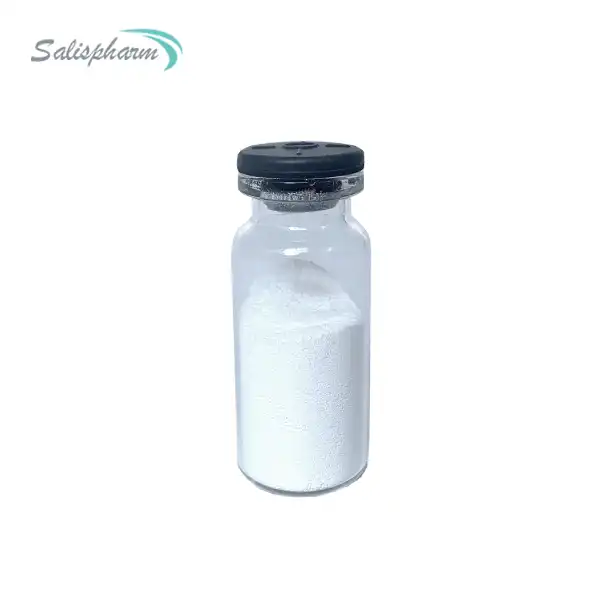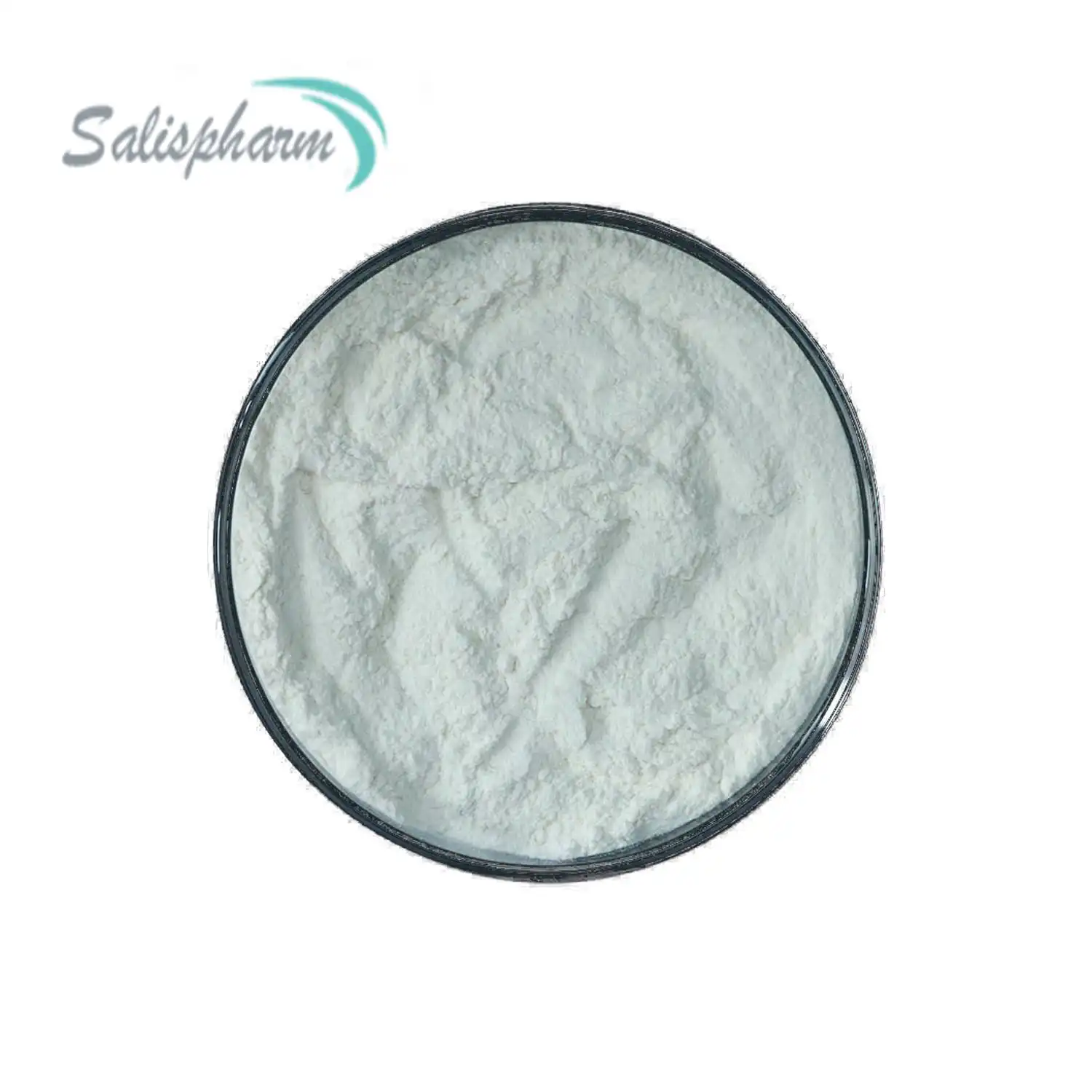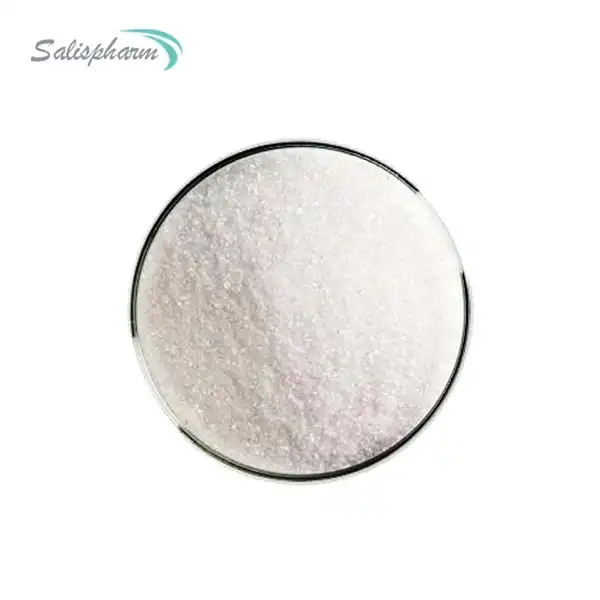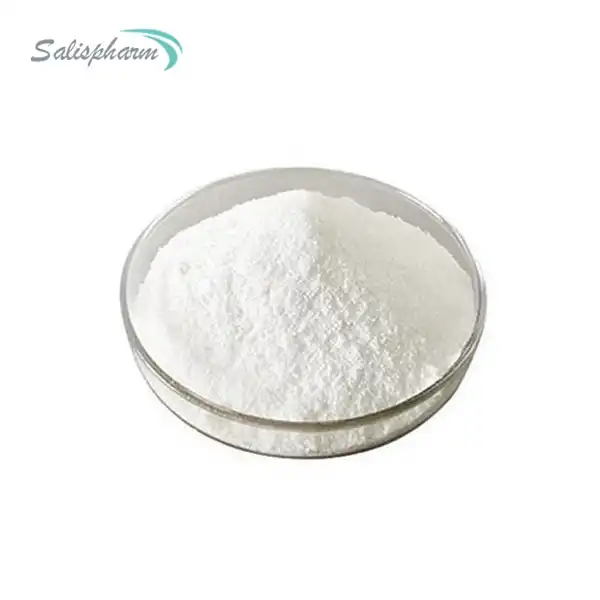Aspirin powder, a widely used over-the-counter medication, is known for its pain-relieving, fever-reducing, and anti-inflammatory properties. While it can be effective for many conditions, there are certain situations where taking aspirin powder may not be advisable or could even be dangerous. Understanding when to avoid aspirin powder is crucial for maintaining your health and preventing potential complications. This article will explore various scenarios where caution is necessary when considering the use of aspirin powder.

Is powdered aspirin safe for children?
The safety of powdered aspirin for children is a topic of significant concern among parents and healthcare professionals. While aspirin has been used for decades to treat various ailments in adults, its use in children requires careful consideration due to potential risks and complications.
One of the primary reasons for caution when it comes to administering aspirin powder to children is the risk of Reye's syndrome. This rare but serious condition can affect the brain and liver, potentially leading to severe health consequences or even death. Reye's syndrome has been linked to the use of aspirin in children and teenagers, particularly when they are recovering from viral infections such as chickenpox or flu.
The risk of Reye's syndrome led to a significant shift in pediatric care guidelines. In the 1980s, health organizations worldwide began recommending against the use of aspirin in children under 16 years of age. This recommendation remains in place today, with healthcare providers generally advising parents to use alternative medications like acetaminophen or ibuprofen for managing pain and fever in children.
However, it's important to note that there are some specific medical conditions where a pediatrician might prescribe aspirin for a child. These cases are typically rare and involve careful monitoring by healthcare professionals. For instance, children with certain heart conditions or autoimmune disorders may benefit from low-dose aspirin therapy under strict medical supervision.
Parents should also be aware that aspirin can be found in various over-the-counter medications, sometimes under different names such as acetylsalicylic acid or salicylate. It's crucial to read labels carefully and consult with a healthcare provider before giving any medication to children, especially if it contains aspirin or related compounds.
In addition to the risk of Reye's syndrome, aspirin powder can pose other risks to children. The medication can irritate the stomach lining, potentially leading to gastrointestinal issues. Children may also be more susceptible to aspirin's blood-thinning effects, which could increase the risk of bleeding.
Given these concerns, it's generally recommended to avoid giving aspirin powder to children unless specifically instructed by a healthcare provider. Instead, parents should opt for child-friendly pain relief options that are known to be safe and effective for pediatric use. Always consult with a pediatrician or pharmacist to determine the most appropriate medication and dosage for a child's specific needs.
Can you take aspirin powder during pregnancy?
The use of aspirin powder during pregnancy is a complex topic that requires careful consideration. While aspirin can have beneficial effects in certain medical situations, it also poses potential risks to both the mother and the developing fetus. Therefore, the decision to use aspirin during pregnancy should always be made in consultation with a healthcare provider.
In general, most healthcare professionals advise against the routine use of aspirin powder during pregnancy, especially during the first trimester. This caution is due to several potential risks associated with aspirin use in pregnant women.
One of the primary concerns is the increased risk of bleeding. Aspirin has blood-thinning properties, which can potentially lead to complications during pregnancy or childbirth. This risk is particularly significant during the third trimester when the body is preparing for labor and delivery.
Another concern is the potential impact on fetal development. Some studies have suggested that high doses of aspirin during pregnancy may increase the risk of certain birth defects, although the evidence is not conclusive. There's also a potential risk of premature closure of the ductus arteriosus, a blood vessel in the fetus that typically closes after birth.
However, it's important to note that in certain high-risk pregnancies, low-dose aspirin may actually be recommended by healthcare providers. For instance, women at risk of preeclampsia, a potentially dangerous pregnancy complication characterized by high blood pressure, may benefit from low-dose aspirin therapy. In these cases, the potential benefits of aspirin use are carefully weighed against the risks.
Recent research has also explored the potential benefits of low-dose aspirin in preventing recurrent miscarriages in some women. However, this use of aspirin is still being studied and should only be considered under the guidance of a healthcare provider specializing in high-risk pregnancies.
For women who were taking aspirin regularly before becoming pregnant, it's crucial to consult with a healthcare provider as soon as possible. In some cases, such as for women with certain heart conditions, the benefits of continuing aspirin therapy may outweigh the risks. In other situations, alternative medications or treatments may be recommended.
It's also worth noting that aspirin can be found in various over-the-counter medications, sometimes under different names. Pregnant women should carefully read labels and avoid products containing aspirin unless specifically recommended by their healthcare provider.
In conclusion, while aspirin powder can have important medical uses, its use during pregnancy requires careful consideration and should always be guided by a healthcare professional. The decision to use aspirin during pregnancy will depend on individual circumstances, weighing potential benefits against risks for both the mother and the developing baby.
How does aspirin powder interact with other medications?
Understanding how aspirin powder interacts with other medications is crucial for ensuring safe and effective treatment. Aspirin, while commonly used and readily available over the counter, can have significant interactions with various drugs, potentially altering their effectiveness or increasing the risk of side effects.
One of the most important interactions to consider is between aspirin and other blood-thinning medications. Aspirin itself has antiplatelet properties, meaning it can reduce blood clotting. When combined with other anticoagulants or antiplatelet drugs such as warfarin, heparin, or clopidogrel, the blood-thinning effect can be amplified. This increased effect may lead to an elevated risk of bleeding, which can be particularly dangerous in certain situations.
Nonsteroidal anti-inflammatory drugs (NSAIDs) are another class of medications that can interact with aspirin. Common NSAIDs include ibuprofen and naproxen. When taken together with aspirin, these drugs can increase the risk of gastrointestinal side effects, including stomach ulcers and bleeding. Additionally, some NSAIDs may interfere with the cardioprotective effects of low-dose aspirin when taken together.
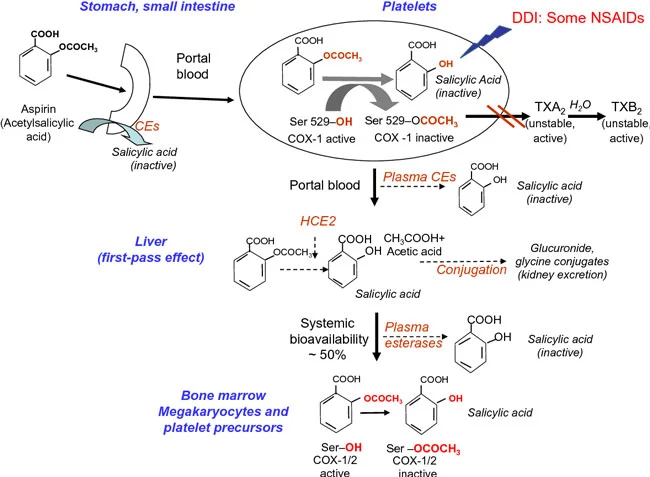
Certain medications used to treat high blood pressure and heart failure, such as ACE inhibitors and ARBs, can also interact with aspirin. The combination may reduce the effectiveness of these blood pressure medications and potentially increase the risk of kidney problems. Similarly, aspirin can interact with diuretics, potentially reducing their effectiveness in managing fluid balance and blood pressure.
Aspirin can also interact with medications used to treat diabetes. It may enhance the blood sugar-lowering effects of certain diabetes medications, potentially leading to hypoglycemia if not properly monitored. This interaction is particularly important for individuals with diabetes who are taking medications such as sulfonylureas or insulin.
Some antidepressants, particularly selective serotonin reuptake inhibitors (SSRIs), can interact with aspirin. This combination may increase the risk of bleeding, especially in the gastrointestinal tract. Patients taking both medications should be monitored closely for any signs of bleeding.
Corticosteroids, commonly used to treat inflammatory conditions, can also interact with aspirin. When used together, these medications may increase the risk of gastrointestinal ulceration and bleeding. Patients requiring both medications should be closely monitored and may need additional protective measures for their gastrointestinal tract.
It's also important to consider the interaction between aspirin and certain dietary supplements or herbal remedies. For example, supplements like ginkgo biloba, garlic, or fish oil, which have blood-thinning properties, may enhance the antiplatelet effects of aspirin and increase bleeding risk.
Given these potential interactions, it's crucial for individuals to disclose all medications, including over-the-counter drugs, supplements, and herbal remedies, to their healthcare providers. This comprehensive medication review allows healthcare professionals to assess potential interactions and adjust treatment plans accordingly.
In some cases, the benefits of combining aspirin with other medications may outweigh the risks, but this decision should always be made under medical supervision. Healthcare providers may recommend alternative medications, adjust dosages, or implement additional monitoring to manage potential interactions safely.
It's also important for patients to be aware of the signs of potential complications from drug interactions. These may include unusual bleeding or bruising, stomach pain, dark stools, or changes in the effectiveness of their medications. Any such symptoms should be reported to a healthcare provider promptly.
In conclusion, while aspirin powder can be an effective medication for various conditions, its potential interactions with other drugs underscore the importance of careful medication management. Always consult with a healthcare provider or pharmacist before starting or stopping any medication, including aspirin, especially if you are taking multiple medications. This proactive approach can help ensure safe and effective treatment while minimizing the risk of adverse drug interactions.
If you are also interested in this product and want to know more product details, or want to know about other related products, please feel free to contact iceyqiang@gmail.com.
References:
1. American Academy of Pediatrics. (2022). Aspirin and Reye Syndrome.
2. U.S. Food and Drug Administration. (2023). Aspirin: Questions and Answers.
3. National Health Service UK. (2023). Aspirin for pain relief.
4. American College of Obstetricians and Gynecologists. (2022). Low-Dose Aspirin Use During Pregnancy.
5. Mayo Clinic. (2023). Aspirin: Is it safe to take during pregnancy?
6. American Heart Association. (2023). Aspirin and Heart Disease.
7. National Institute for Health and Care Excellence. (2022). Antiplatelet treatment.
8. Centers for Disease Control and Prevention. (2023). Medication Safety During Pregnancy.
9. World Health Organization. (2022). WHO recommendations on antenatal care for a positive pregnancy experience.
10. The American Journal of Medicine. (2021). Aspirin for Primary Prevention of Cardiovascular Disease.

